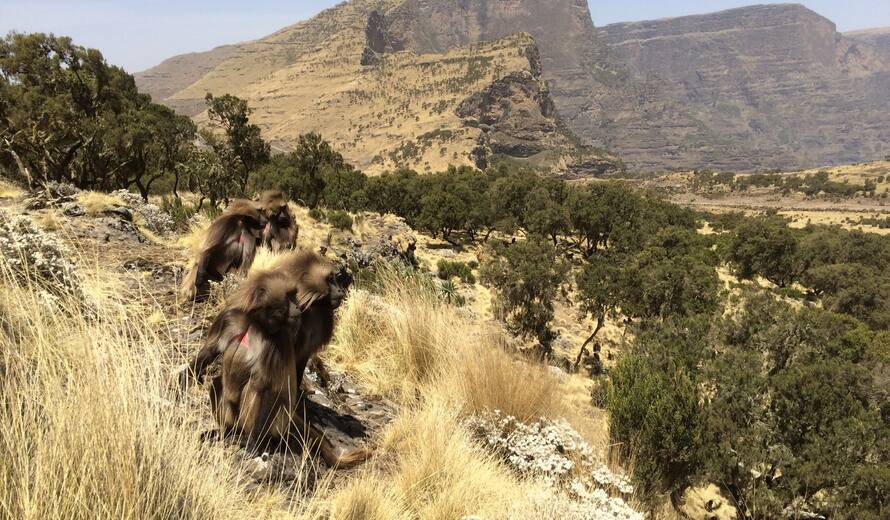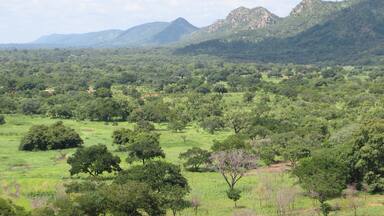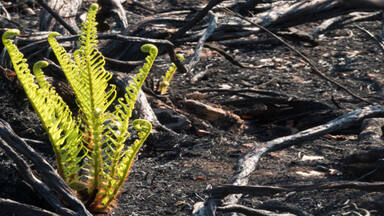UNESCO provides crucial support to biodiversity in Africa in emergency situations
In 2023 many natural World Heritage sites in Africa have faced serious challenges related to civil unrest and conflicts threatening biodiversity. The Rapid Response Facility (RRF), a UNESCO World Heritage Centre and Fauna and Flora International joint initiative, has quickly mobilized resources to partners on the ground to tackle these emergency situations.
© Wild Africa Conservation
Strengthening vital surveillance efforts in W-Arly-Pendjari Complex
The current security situation in W National Park in Niger is having a major impact on the effective management of this component of the W-Arly-Pendjari Complex World Heritage site, limiting the ability of government authorities and partners to undertake monitoring and protection activities. The current limited surveillance capacity has also prompted an acute increase of illegal activities, including poaching, illegal logging, deliberate wildfires. As a means to reduce pressures and increase the protection of the park, the RRF has provided a US$ 40,000 grant to strengthen monitoring in high-intensity poaching spots and establish a rapid response mechanism to address illegal activities. Surveillance activities are focusing on the periphery areas of the park, identified as key access points for poachers. The camera trapping system to be deployed through the funding will also enable to monitor the presence of key wildlife species, such as the threatened red-fronted gazelle.
© Wild Africa Conservation
Massive waste removal in Simien National Park
Following the recent two-year conflict in Northern Ethiopia, large quantities of abandoned waste were identified in the Simien National Park. The solid waste generated in the park was beyond the park’s infrastructure capabilities and resulted in accumulation of plastic bottles, makeshift shelters, food waste, packaging, and more. This waste, if not removed, could endanger the health of the park through potential consumption by wildlife, soil erosion, microbial transmission, and potential for longer-term harm to tourism and community income. The US$ 40,000 RRF grant is supporting a massive clean-up of waste from the park with the participation of more than 100 people from local communities and will build new waste management infrastructure to increase the resilience of the park.
© India Schneider-Crease
Emergency support to Virunga National Park’s mountain gorillas
Current unrest around the Virunga National Park in Democratic Republic of the Congo is restricting ranger activities in the gorilla area which houses one-third of the world’s mountain gorilla population. Without regular patrols, human presence in the gorilla sector has increased, exposing the population to snare traps, hunting, and human transmitted disease. The US$ 40,000 RRF grant is supporting the deployment and training of 50 community trackers to conduct regular monitoring patrols to track, locate, gather health and population data, and protect gorilla groups from threats.
© Roelof Schutte
UNESCO thanks Fondation Franz Weber, Arcadia, Fondation Iris and the Government of Norway for their support to the Rapid Response Facility (RRF). With a target to decide on applications in just 8 working days, the RRF provides rapid support to natural World Heritage sites at times of crisis making it the world’s fastest conservation mechanism.




